Thinking about Brazil? These facts will fuel your wanderlust and help you plan a meaningful, low-impact trip. When you’re ready, browse our Brazil trips and Amazon eco-adventures linked throughout.
Quick facts to know before you go
- Brazil is the only South American country with Portuguese as the official language. That’s why you’ll hear “obrigado/a,” not “gracias.” (CIA)
- The largest Japanese community outside Japan lives in Brazil — roughly ~2 million people of Japanese descent, especially in São Paulo. (Wikipedia)
- Coffee powerhouse: Brazil has been the world’s largest coffee producer for decades. If you love espresso, you’re in the right place. (Wikipedia, Reuters)
- Amazon central: About 60% of the Amazon Rainforest lies within Brazil. (WWF)
- World’s largest tropical wetland: The Pantanal spreads across Brazil, Bolivia, and Paraguay — a dream for wildlife lovers. (World Wildlife Fund)
- Biodiversity champion: Brazil is often ranked the most biodiverse country on Earth, spanning six major biomes (Amazon, Atlantic Forest, Cerrado, Caatinga, Pantanal, Pampa). (Mongabay, data.globalforestwatch.org)
- Samba’s home: Samba grew from Afro-Brazilian culture (notably Bahia) into Brazil’s signature rhythm and dance. (Encyclopedia Britannica)
- Carnival, super-sized: Rio Carnival is widely considered the world’s biggest Carnival celebration — millions fill the streets over several days. (Wikipedia)
- Football legends: Brazil holds the record five FIFA World Cup titles (1958, 1962, 1970, 1994, 2002). (Olympics, Wikipedia)
- UNESCO capital: Brasília is a planned modernist capital (built 1956–1960) and a UNESCO World Heritage Site. (UNESCO World Heritage Centre)
- What’s in a name? “Brazil” comes from brazilwood (pau-brasil), once harvested for red dye. (Wikipedia)
- Iguaçu/Iguazú Falls are a binational UNESCO site shared with Argentina — spectacular from both sides. (UNESCO World Heritage Centre)
- Wild icons: Brazil shelters endangered species like the golden lion tamarin (Atlantic Forest), jaguars (Pantanal & Amazon), and giant anteaters (Cerrado & Pantanal). (National Zoo, Newsroom, People's Trust for Endangered Species)
- Ethanol leader: Brazil is the world’s #2 producer of fuel ethanol, much of it from sugarcane (and now corn in the Center-West). (FAS USDA, farmdoc daily)
- From dunes to reefy isles: Brazil’s landscapes run from the Amazon to the dune lagoons of Lençóis Maranhenses and marine sanctuaries like Fernando de Noronha (perfect add-ons to an eco-itinerary). (Explore our Brazil trips below.)
- Catholic heritage, changing landscape: Brazil still has the largest Catholic population globally, even as religious affiliation diversifies. (Pew Research Center, Wikipedia)
- Mega-cities & modern art: São Paulo is a global art hub (MASP, street art), while Rio blends beaches with mountains — two wildly different urban vibes in one country.
- Six continental biomes = endless habitats: Spot macaws in the Pantanal, maned wolves in the Cerrado, and marmosets in the Atlantic Forest — often within one longer trip. (Wikipedia)
- Amazon river life: In northern Brazil, riverboats are lifelines between communities — a gentle way to travel with a tiny footprint.
- Design lovers: Oscar Niemeyer’s curves aren’t just in Brasília; you’ll see modernist gems across Belo Horizonte, Niterói, and beyond. (UNESCO World Heritage Centre)
- Street parades beyond Rio: Salvador’s Carnival is a mammoth street party; São Luís and Olinda bring Afro-Brazilian beats and colonial flair.
- Jaguars, up close (ethically): The Pantanal has the world’s highest jaguar densities — best seen with trained guides who respect distances and habitats. (Newsroom)
- Sweet tooth? From açaí and cupuaçu in the North to brigadeiros in the Southeast, desserts reflect Brazil’s ecological diversity.
- Indigenous diversity: Brazil counts ~305 Indigenous peoples and ~274 Indigenous languages — with populations concentrated in the Legal Amazon. (Agência de Notícias - IBGE, Minority Rights Group)
- The Amazon is more than forest: It’s rivers, floodplains, and culture — from forest conservation projects to community-run lodges that your visit can support. (WWF)
Dreaming of Brazil? Tell us what you love — wildlife, design, coffee, beaches — and we’ll craft a responsible, tailor-made itinerary.
%2520(2).avif)
We hope you enjoyed these fun and unusual facts about Brazil. This fascinating country has so much to offer, from its rich history and culture to its unique landscapes and wildlife. So why not start planning your trip to Brazil today?
{{component-create-my-trip="/"}}






.avif)

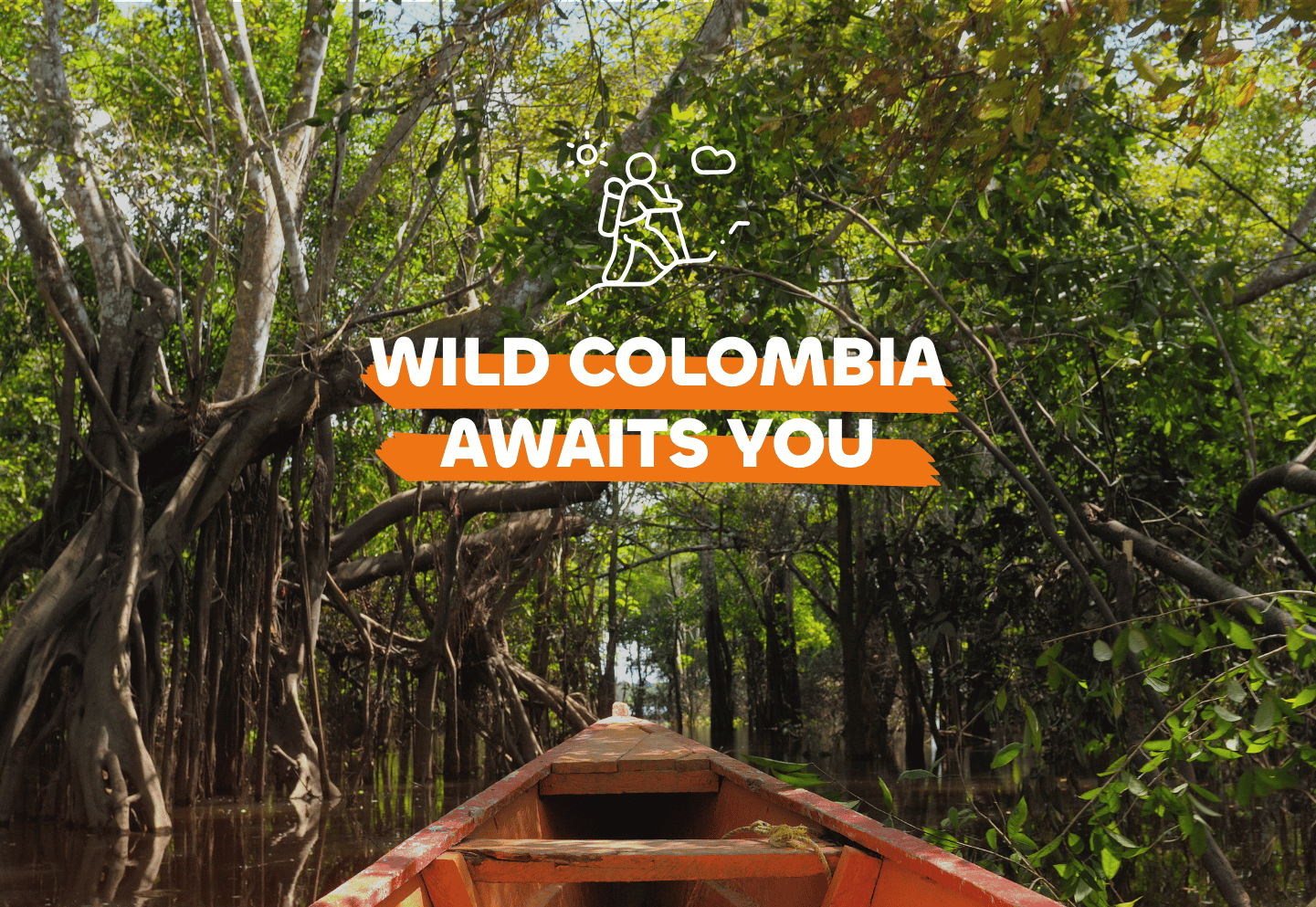
.png)


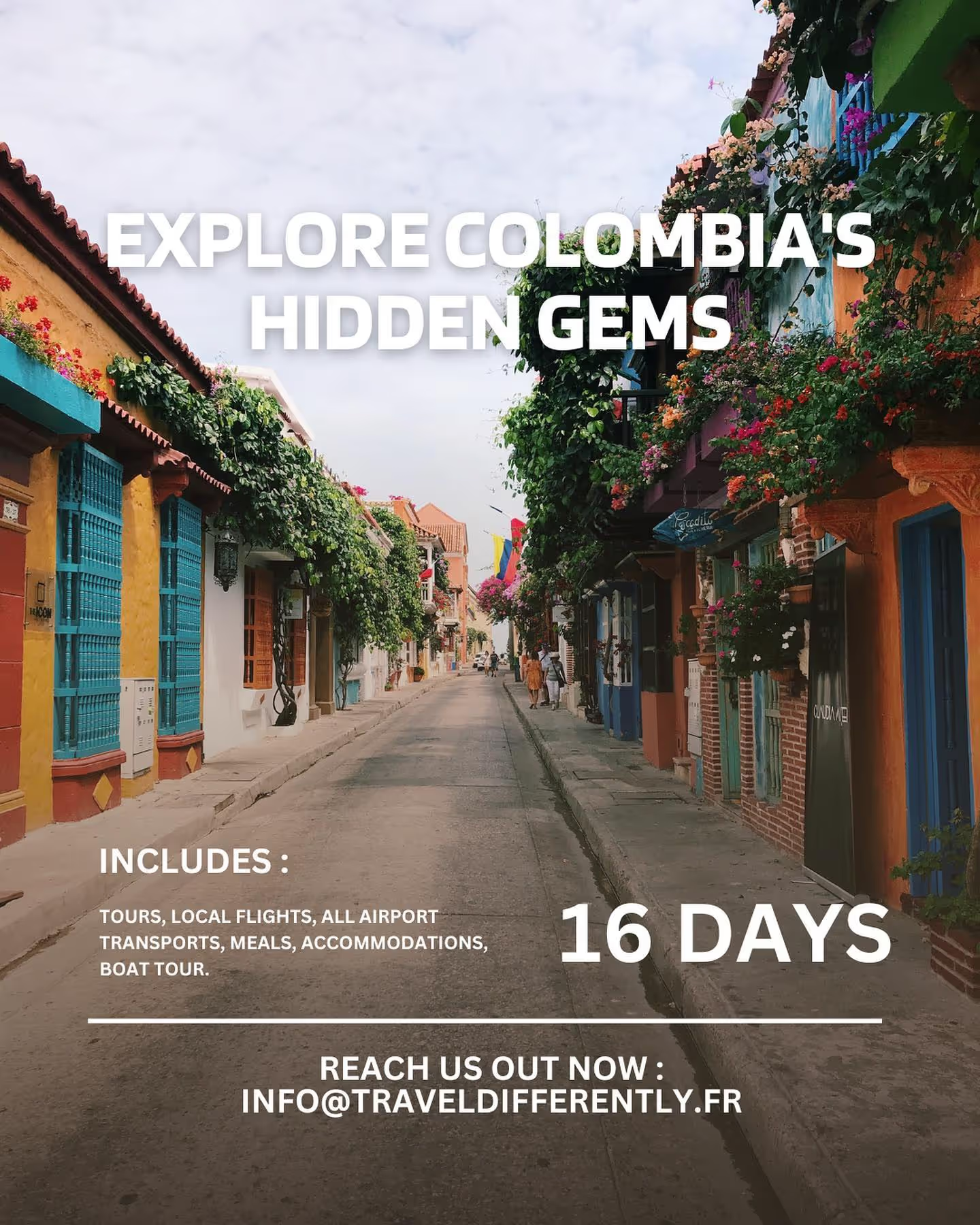
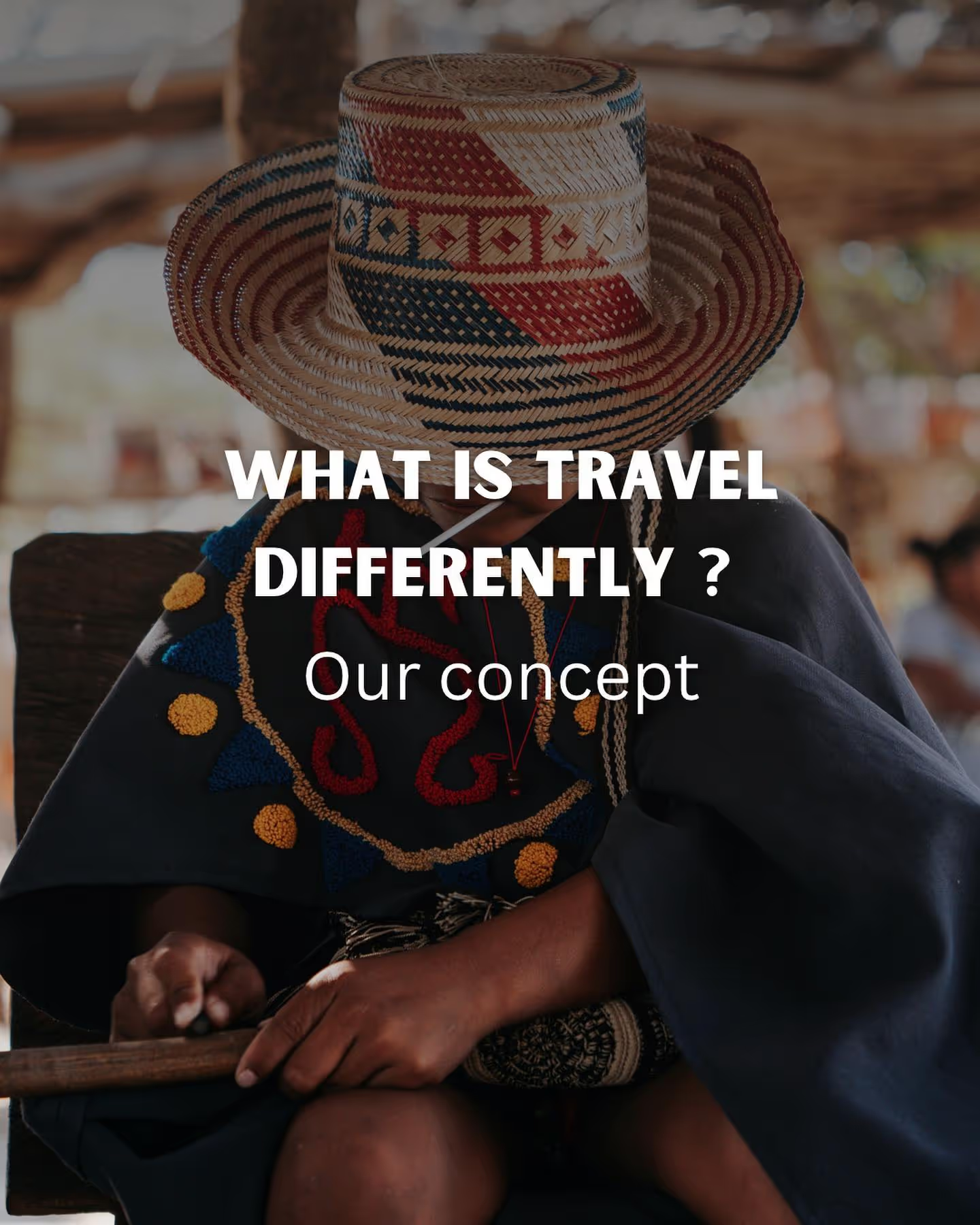
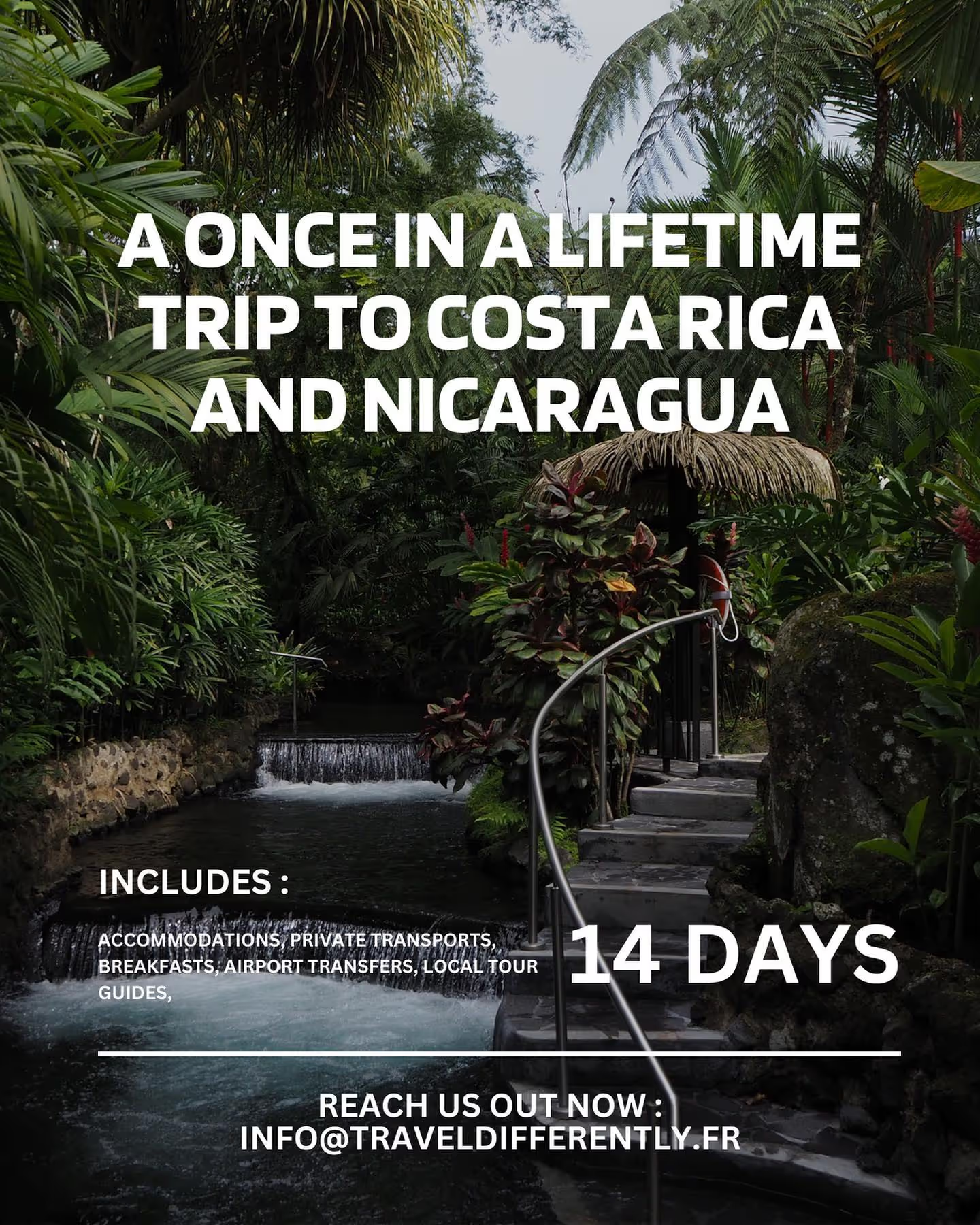

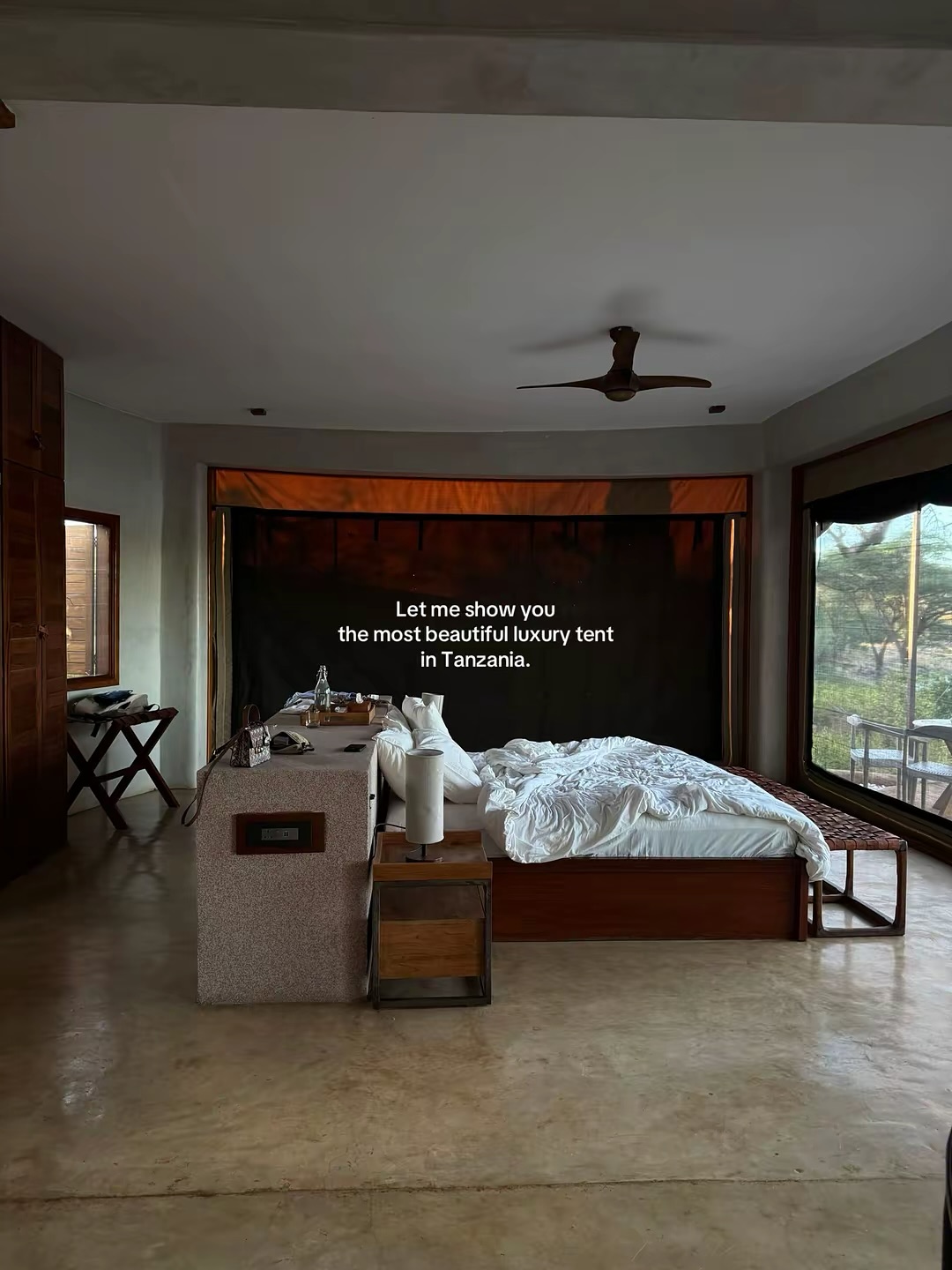
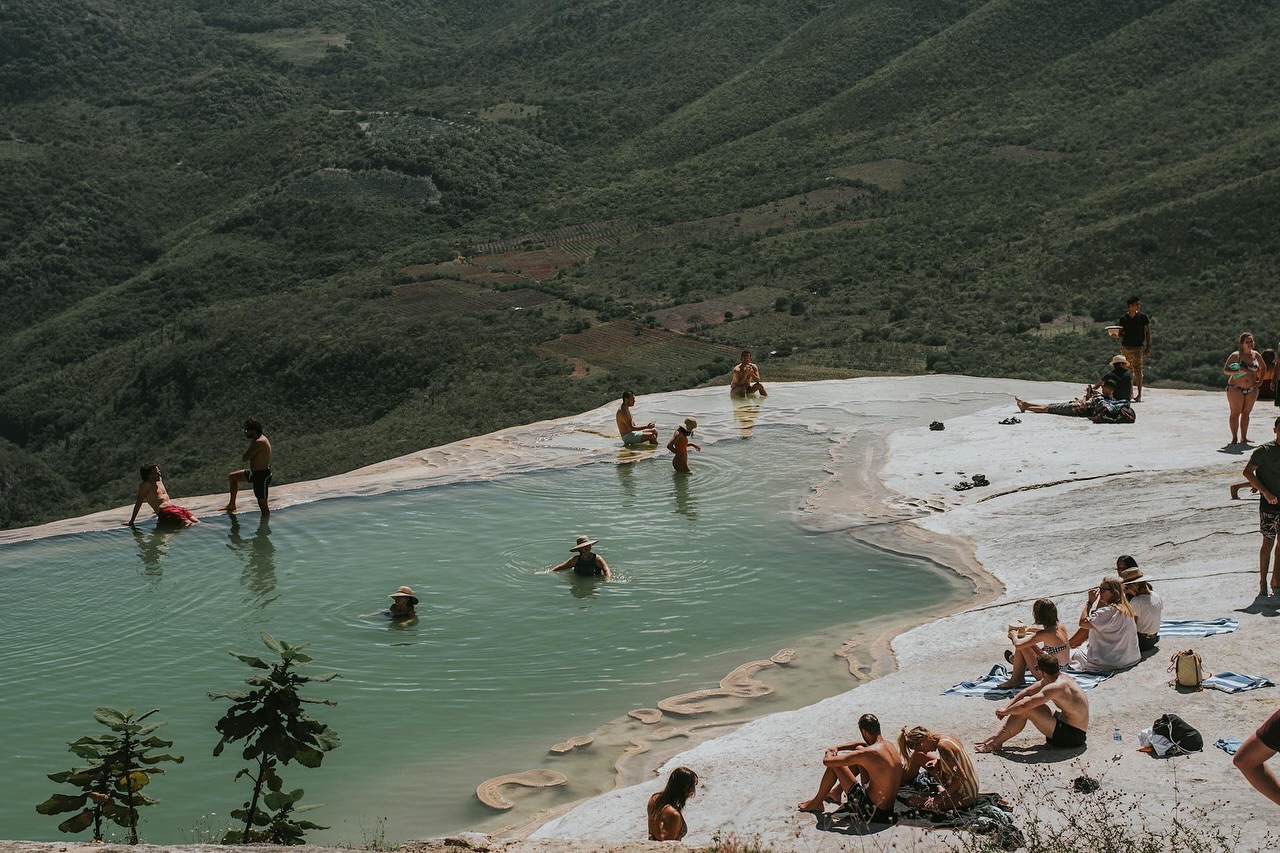
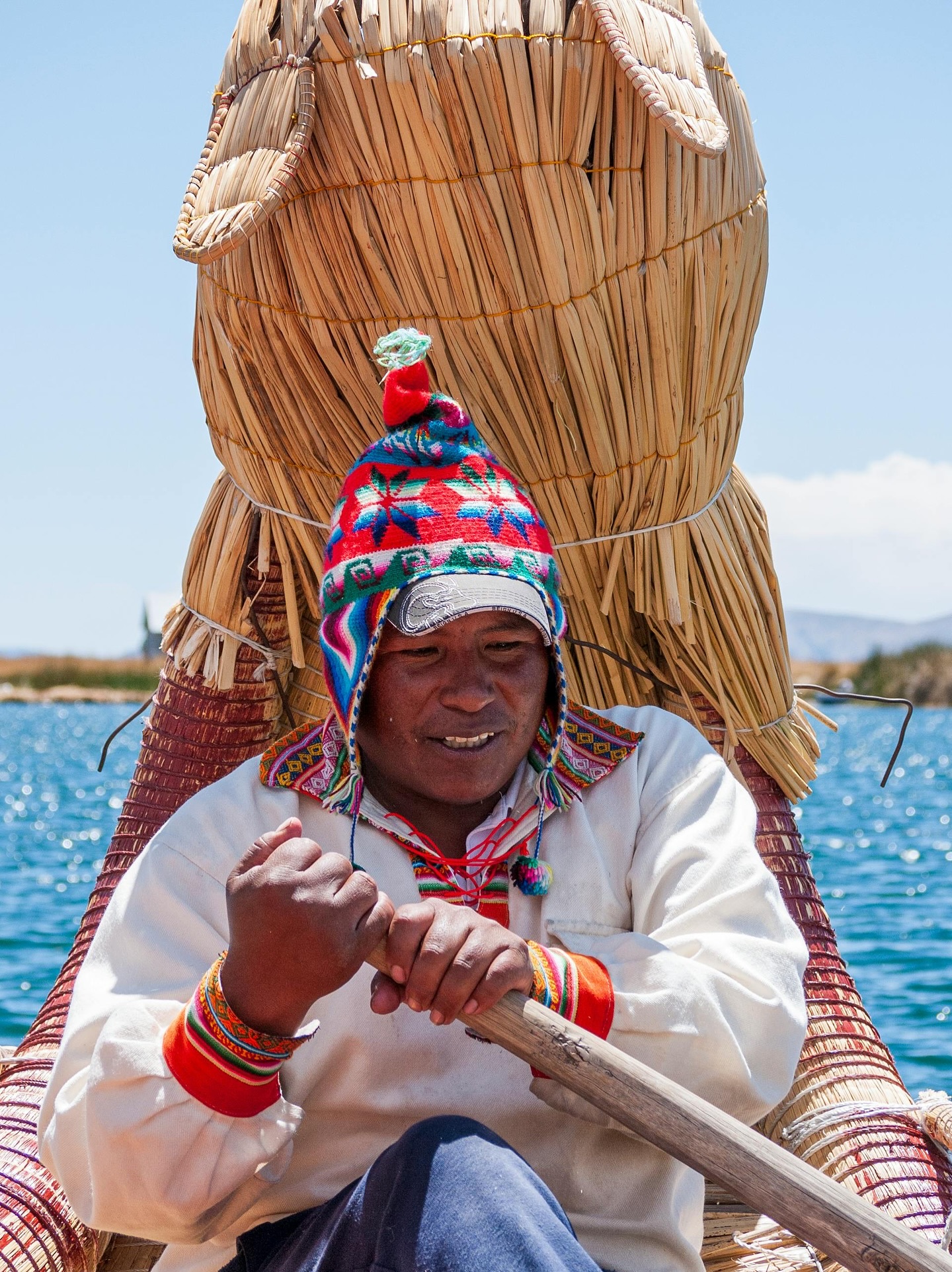

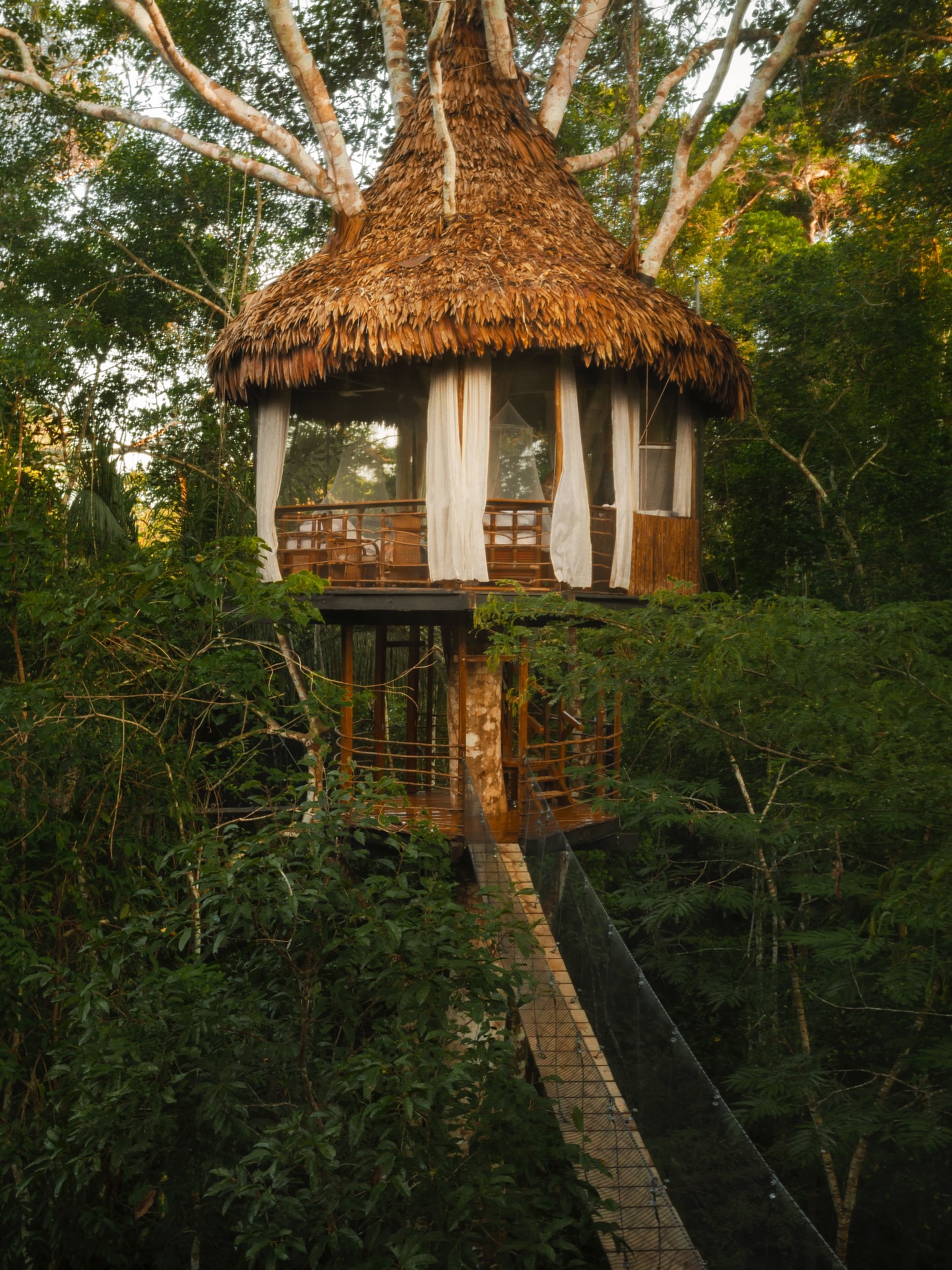

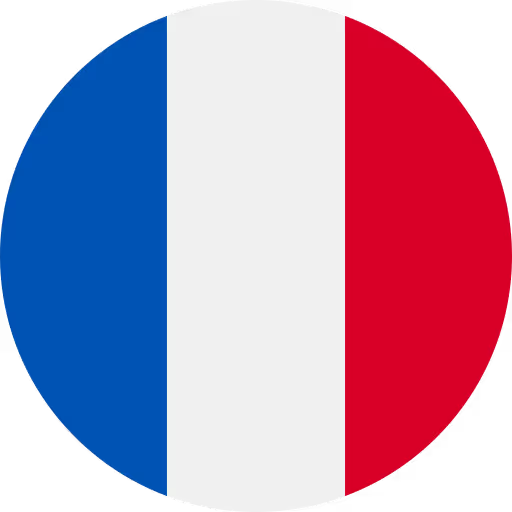
Log in ou Sign up to join the discussion.
Join the discussion
0 comments